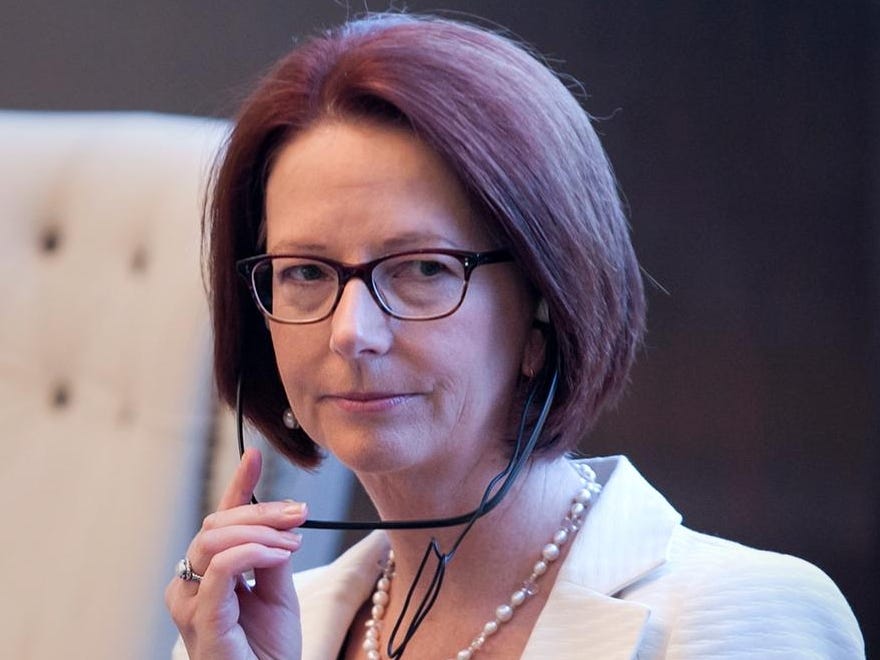#Sofagate: Even at the highest levels of power, women face sexism

European Commission President Ursula von der Leyen and EU Council President Charles Michel (R) arrive for a joint news conference after talks with Turkey’s President in Ankara on April 6. AFP
There is a startling pattern to the stories told by women in public life. They generally include at least one wry account about being mistaken for the secretary. It happened to, among others, a British minister, and the UK and Ireland’s first female bishop. When European Commission president Ursula von der Leyen eventually writes her memoirs, she could add to the compendium on sexist preconceptions about who holds organisational power.
#Sofagate, as it is being called, was about Ms von der Leyen, the European bloc’s first female head, and European Council president Charles Michel visiting Turkey’s president Recep Tayyip Erdogan in Ankara last week. At the formal start of the talks, the men got the best seats with the flags behind them. Ms von der Leyen, who is on a par with the other two, was left to sit on a sofa well away. Opposite her sat Turkey’s foreign minister, who is most definitely not at the same level as the president of the European Commission.
The incident set off cries of “protocol machismo”, an attempt by powerful men to sideline an equally powerful woman in the purely ceremonial exercise of power. But then “protocol is politics,” as Wolfgang Ischinger, chief of the Munich Security Conference and an expert on global manners, said after #sofagate. Who sits where and when they speak signals where they stand in the pecking order.
The rights and wrongs of what really happened in Ankara are disputed. But the incident highlights how for women in politics, it remains a hard road to hoe for women, even now, when gender equity has risen to the top of the global agenda and women are shattering the glass ceiling.
Jacinda Ardern complained about the inherent sexism of being asked by a television commentator whether she planned to have a baby while she was prime minister
Women have made obvious and remarkable gains at the highest levels of political power. They are heads of state or government in 22 countries, up from 20 in 2020, according to data released last month by the Inter-Parliamentary Union (IPU) and the UN. (That list, incidentally, doesn’t include Ms von der Leyen, who heads the executive branch of the European bloc of nations.) The report said that in 13 countries — one less than last year — women hold 50 per cent or more of ministerial positions in government. A separate IPU report last month noted that the global share of women in national parliaments increased slightly — to 25.5 per cent from 24.9 per cent last year.
Some of these advances have been unexpected. Samia Suluhu Hassan, for instance, was sworn in as president of Tanzania last month after the sudden death of her mentor John Magufuli.
Though she got the top job because she was already serving as the east African country’s duly elected vice-president, Ms Hassan’s rise is both significant and symbolically powerful. As a Muslim woman from Zanzibar, Ms Hassan’s 20-year career in national politics is something of an outlier in the Tanzanian context. She received an education at a time when Tanzanian girls were generally expected to play traditional homebound roles.
Even Jacinda Ardern, New Zealand’s prime minister, who led the Labour Party to a historic election victory last year, had an uncertain start in front line national politics. Back in August 2017, when Ms Ardern became the last-minute choice to lead her party, the only reason she made headlines all around the world was because she publicly challenged sexism.
With elections just weeks away, Ms Ardern complained about the inherent sexism of being asked by a television commentator whether she planned to have a baby while she was prime minister.
She benefited from her consequent high profile and even though Labour (as well as the other, incumbent party) didn’t win a majority, Ms Ardern was lucky enough to secure the support of a small populist party to form the government. It would be the start of a remarkable political metamorphosis, from relatively unknown politician to global poster child for a practical brand of progressive politics.
But Ms Ardern’s case illustrates the so-called “ glass cliff “ effect that can beset women political leaders. In 2012, researchers at the University of Exeter in the UK described this new phenomenon relating to gender discrimination at the workplace.
It showed that women were generally appointed to the top jobs when an organisation was in crisis and the leader was unlikely to turn it around.
That would correspond with the raw facts about Ms Ardern’s election four years ago as Labour leader. It happened after a streak of poor results for the party under her predecessor. No one wanted the leader’s job and Ms Ardern was the only candidate for that post.
Australia’s first female prime minister Julia Gillard, too was handed a poisoned chalice when she was unanimously voted her party’s leader and therefore, prime minister, weeks before the 2010 national election. Her predecessor had been forced out because of rising discontent about his decisions and decision-making style and Ms Gillard had to lead her party and country at a difficult time.

Within three years, she was battling repeated challenges to her leadership and was eventually ousted. She later spoke publicly about the effect of gender on her prime ministership, describing it as “shades of grey”.
Ms Gillard’s experiences are worth noting in the context of new complaints from female Australian politicians about misogyny and sexism in the country’s parliament.
Clearly, #sofagate is just the latest illustration of the challenges faced by women, even when they have smashed the glass ceiling.
Rashmee Roshan Lall is a columnist for The National
Originally published at https://www.thenationalnews.com

